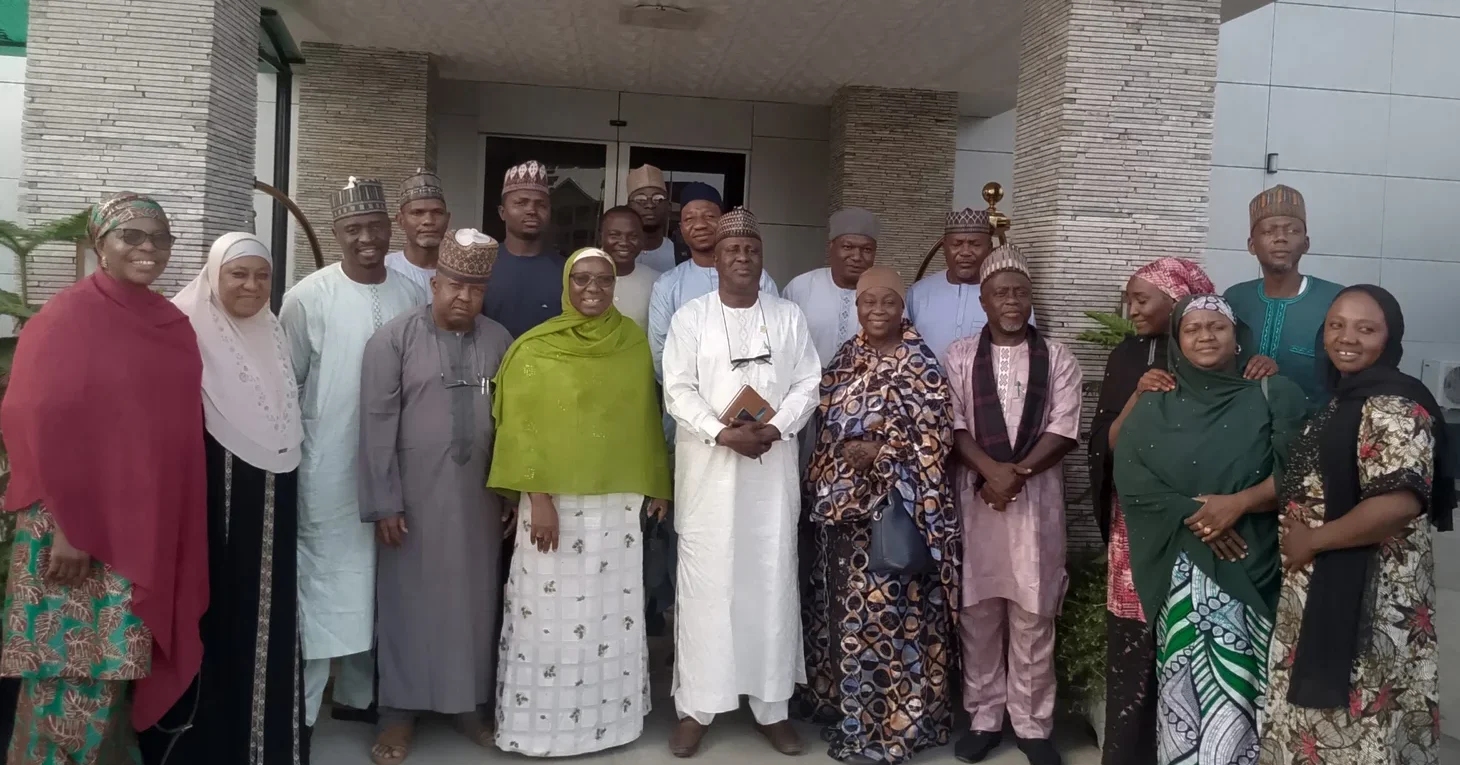ANRiN project exceeds target, delivers 6m services, tasks stakeholders on sustainability
By Sani Idris Abdulrahman
The Accelerating Nutrition Results in Nigeria (ANRiN) project, has rolled out its achievements in improving the health and well-being of children under five, adolescent girls, pregnant and lactating women in Kaduna State.
The News Agency of Nigeria (NAN) reports that the first phase of the ANRiN project would end on 30th June 2025, while the second phase, 2.0, would begin on July 1st, 2025.
The ANRiN 2.0, which has three components, would entail; basic package of nutrition services, convergence with food systems and
data-driven multi sectoral coordination and accountability.
Delivering a presentation at a four-day sustainability workshop in Kano, the Project Manager of the ANRiN project in Kaduna, Dr Zainab Muhammad-Idris, said over the course of it first phase, the project delivered a total of 6,267,880 services, exceeding its target of 5,784,983.
Muhammad-Idris said that the services provided by the project included vitamin ‘A’ supplementation, deworming, micronutrient powder distribution, and counseling on Maternal, Infant, and Young Child Nutrition (MIYCN) practices.
She added that the project provided contraception services, including Short-Term Methods (STM) and Long-Acting Reversible Contraception (LARC), to adolescent girls.
Muhammad-Idris said a total of 146,897 adolescent girls received child spacing and family planning services, with 23,578 opting for LARC and 123,319 choosing STM.
At facility level, the project manager said that the project trained 60 Master Trainers, 120 Secondary Health Facility workers, and 510 Primary Health Care workers on various aspects of healthcare delivery.
She added that over 300,000 pregnant women were reached with MIYCN counseling, iron and folic acid supplementation, and intermittent preventive treatment for malaria.
Muhammad-Idris said the project established and strengthened 23 Grievance Redress Committees (GRCs) across the state, which serve as a platform for communities to provide feedback on the project’s services.
Speaking further, she recalled that the ANRiN project also provided emergency support to the Tudun Biri community (Drone attack victims) with food items, livestock, seedlings, agricultural inputs, among others.
The Chairman, Kaduna State Committee on Food and Nutrition (SCFN), Bashir Muhammad,stated that the project’s achievements demonstrated the impact of collaborative efforts in improving the health and well-being of children, adolescent girls, pregnant and lactating women in Kaduna State.
Muhammad stated that such collaborative approach would be crucial in ensuring that the benefits of the project were felt for years to come, and that the health and nutrition needs of the state’s most vulnerable populations continue to be met.
He, therefore, said it was imperative that the stakeholders continue to work together to ensure that the gains were sustained for the betterment of the state and nation in general.
Muhammad restated the SCFN’s commitment to supporting initiatives that improve nutrition outcomes in Kaduna State, emphasising the committee’s role in coordinating efforts to address malnutrition.
The State Nutrition Officer (SNO), Ramatu Haruna, lamented that malnutrition was a major public health issue in the state contributing to over 50 per cent of under-five deaths.
Haruna was represented by Jibril Isah, the Reproductive, Maternal, Newborn Child and Adolescent Health (RMNCAH) Monitoring and Evaluation Officer at the State Primary Health Care Board.
He said that key MIYCN indicators revealed critical gaps with only 13 per cent of newborns receiving timely breastfeeding.
She explained that 41.1 per cent of infants were exclusively breastfed, and 12.3 per cent of children aged six to 23 months met proper feeding standards.
Haruna said that the state had 1,063 Primary Healthcare Centres (PHCs), 31 Secondary Health Care Facilities, with 162 offering Integrated Management of Acute Malnutrition (IMAM) services and 560 delivering MIYCN interventions.
Similarly, she said that one tertiary hospital and 31 secondary facilities served as Severe Acute Malnutrition (SAM) stabilisation centers, supported by community-based Infant and Young Child Feeding (IYCF) services in all the 23 LGAs to strengthen capacity.
The SNO also said that 585 health workers from 162 PHCs had been trained on IMAM, alongside 1,620 community volunteers who have established 14,580 support groups statewide.
Earlier, Nutrition Specialist for ANRiN project in Kaduna, Hauwa Usman, said the workshop, which strategically brought stakeholders from various MDAs, was to review the achievements and lessons learned.
She added that the meeting was to strengthen capacity for sustainability planning and encourage multi-sectoral collaboration
NAN reports that ANRiN is a state-led and World Bank-funded performance-based project which aims to increase the utilisation of quality, cost-effective nutrition services for pregnant and lactating women, adolescent girls, and children under five years of age.
Primarily, the project focuses on increasing access to and utilising a community-based Basic Package of Nutrition Services (BNPS) according to established targets to reduce malnutrition in Nigeria.
The programme is currently being implemented in 12 high malnutrition burden states in Nigeria.(NAN)
Edited by Bashir Rabe Mani














